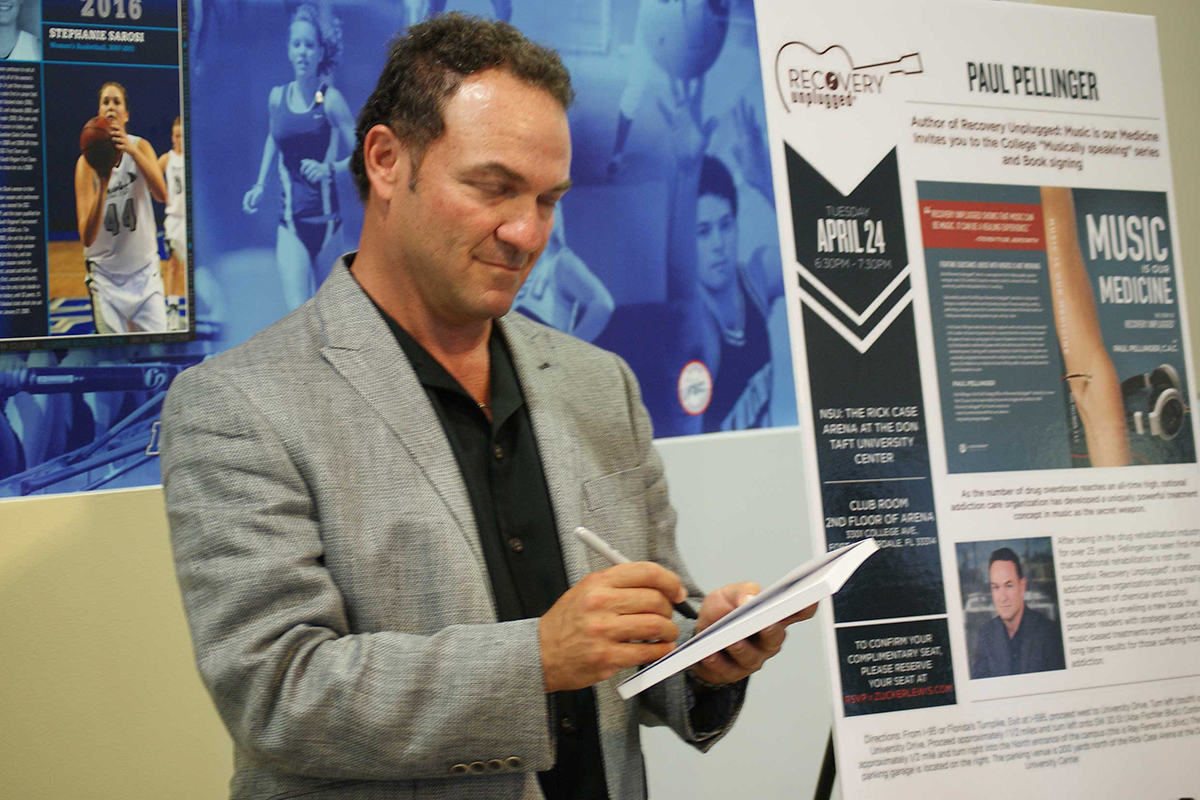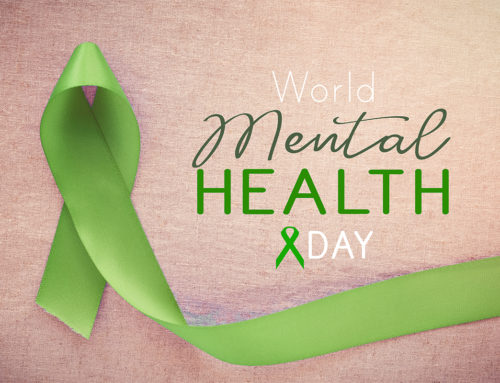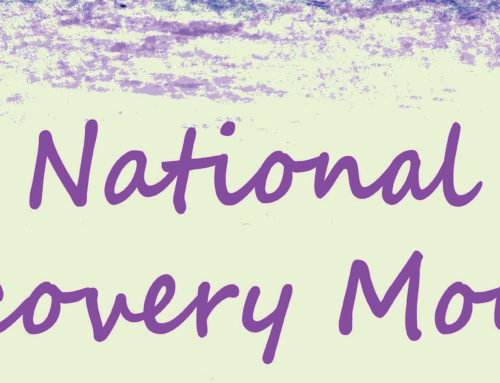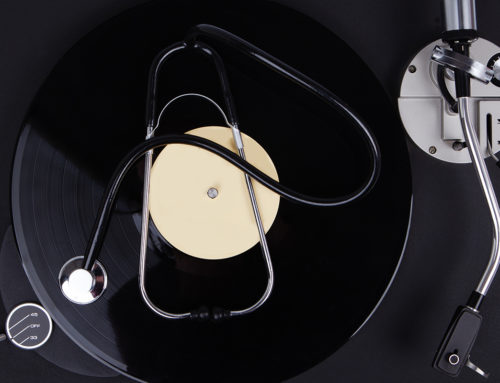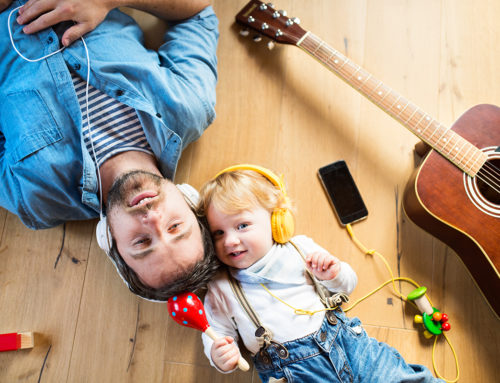Read Recovery Unplugged Strategy Officer Paul Pellinger’s insights on America’s Got Talent Contestant Kodi Lee’s extraordinary performance, and how it reinforces the power of music to improve communication and build confidence.
By now, the music and entertainment-loving world is familiar with the name Kodi Lee. The 22-year-old America’s Got Talent contestant, who is blind and autistic, captivated global audiences last month when, during his audition for the NBC Series, he floored judges with his rendition of Leon Russell’s “A Song for You.” The performance immediately prompted judge Gabrielle Union to deliver her first “Golden Buzzer” granting his automatic entry into the competition. Since his initial arrival onto the American pop culture landscape, Kodi’s story has transcended his tenure on the program and become an enduring example of music’s ability to communicate to the soul; something we firmly believe and reinforce at Recovery Unplugged.
The Universal Language
When you listen to Kodi Lee sing and play piano, and you hear how he got started, it’s very hard not to believe that it was music that chose him and not vice versa. His autism and visual impairment created significant communicative and socialization obstacles that could have easily impeded his ability to engage others, and his overall quality of life; however, it was music that ultimately allowed him to connect with people, including an audience of millions.
The amazing thing is that, as extraordinary as Kod Lee’s connection with music may seem, it’s actually one of the most natural things in the world. Ample data, including one recent study from the University of Montreal, indicates that music can significantly improve communication in autistic children. Music has also been definitively proven to improve neurological and muscle memory, a critically important asset to someone trying to navigate the world while struggling with visual impairment.


